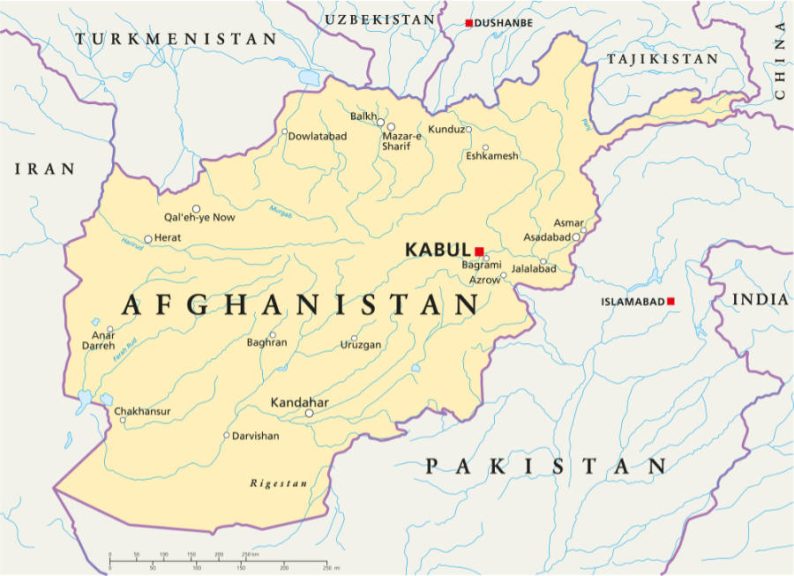The Russian Supreme Court has, with immediate effect, removed the Taliban organisation in power in Afghanistan from its list of terrorist organisations. The Taliban movement, which took power in Afghanistan four years ago, had been listed as a terrorist entity since 2003, making any contact with its members a criminal offense under Russian law.
The decision follows calls from Russian officials to engage with the Taliban to help stabilize Afghanistan. The group returned to power in August 2021 following the withdrawal of US and NATO forces after their two-decade presence in the Central Asian country.
Since that time, Moscow has resumed diplomatic contacts with Taliban officials. Last year, President Vladimir Putin said it was “necessary to build relations with the current government” as they are now in control of Afghanistan.
In May 2024, the Russian Foreign Ministry and Ministry of Justice formally proposed lifting the ban. Earlier this month, the Prosecutor General’s Office submitted the motion to the Supreme Court, leading to Thursday’s ruling.
Previously, Russian law had no mechanism for removing organizations from the terrorist list. However, amendments passed in 2023 to the federal law on countering terrorism now allow the courts to suspend the designation if the group in question has ceased activities involving propaganda, justification, or support of terrorism, and no longer violates the Criminal Code.

Although the Taliban government is not officially recognized by the international community, Afghani officials have been attending Russian investment forums, and several Central Asian countries have recently renewed ties with Kabul. Kazakhstan removed the group from its terrorist list in June 2024, followed by Kyrgyzstan in September. Turkmenistan has resumed cooperation through the TAPI gas pipeline project, and Uzbekistan signed several joint agreements with Kabul in August 2024.
Mohammad Suhail Shaheen, the Taliban’s envoy to Qatar and its de facto international spokesman, said earlier this month that Kabul welcomed Russia’s move, saying the ban had stood “in the way of cooperation” between the two countries.
The move paves the way for increased cooperation between Moscow and the Taliban, which could include trade and investment agreements and other bilateral projects such as agreeing loans and mineral rights between Russia and Afghanistan.
Afghanistan has significant mineral reserves yet little infrastructure to extract them. Russia is interested in this potential, however the security situation remains tense.The proposed Uzbekistan-Afghan-Pakistan railway would also help with Afghani imports and exports.
With a population of approximately 42.6 million, Afghanistan has a GDP (PPP) of around US$88.38 billion, with a GDP growth rate of 2.3% for 2025. The GDP (PPP) per capita currently stands at US$1,365.
Afghanistan’s bilateral trade with Russia has shown growth, increasing from approximately US$86.6 million in 2021 to an estimated US$3 billion in 2024. That can be expected to increase as can enhanced Russian involvement in minerals exploration, mining and the realization of serious economic and infrastructural projects.
Further Reading
Russia To Assist Afghanistan Re-Enter International Community, Develop Regional Trade

 Русский
Русский













